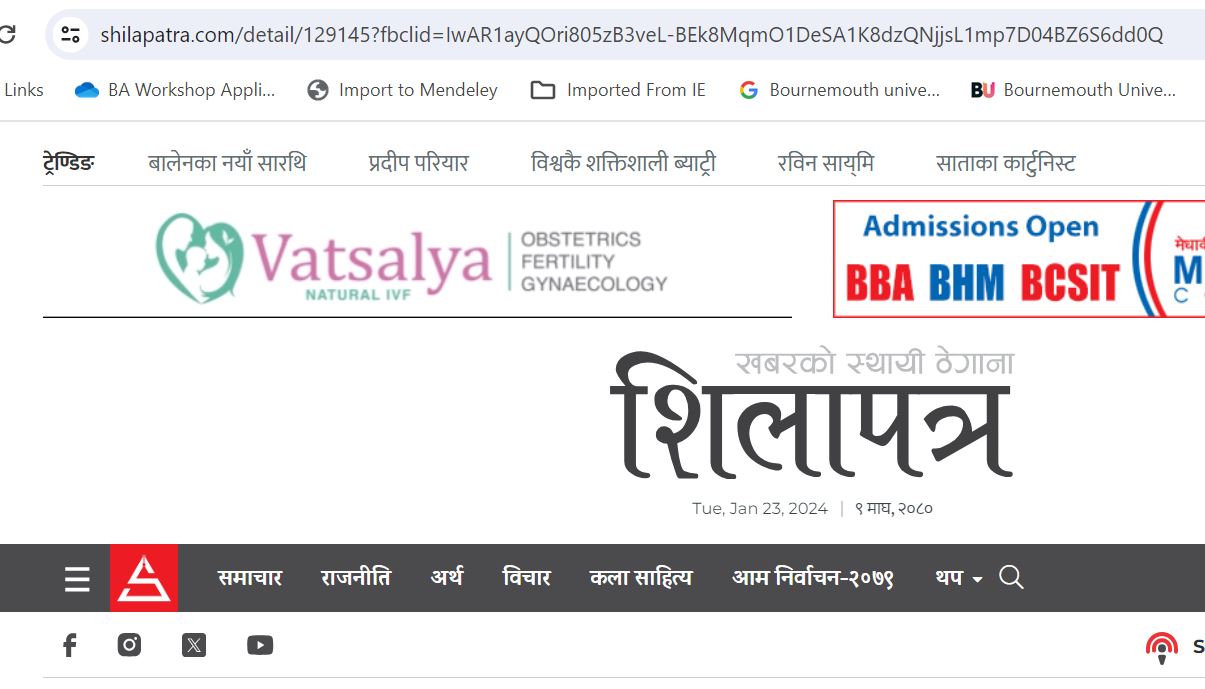 Last week Mr. Yogesh Dhakal, who is Deputy Editor at Shilapatra, an online newspaper in Nepal, interviewed three UK professors: Julie Balen (Canterbury Christ Church University), Simon Rushton (the University of Sheffield) and Edwin van Teijlingen (Bournemouth University). The focus of the interview (see interview online here) was our recently completed interdisciplinary study ‘The impact of federalisation on Nepal’s health system: a longitudinal analysis’.
Last week Mr. Yogesh Dhakal, who is Deputy Editor at Shilapatra, an online newspaper in Nepal, interviewed three UK professors: Julie Balen (Canterbury Christ Church University), Simon Rushton (the University of Sheffield) and Edwin van Teijlingen (Bournemouth University). The focus of the interview (see interview online here) was our recently completed interdisciplinary study ‘The impact of federalisation on Nepal’s health system: a longitudinal analysis’.
In this Nepal Federal Health System Project we studied the consequences for the health system of Nepal’s move from a centralised political system to a more federal structure of government. This three-year project is UK-funded by the MRC, Wellcome Trust and FCDO (Foreign, Commonwealth & Development Office; formerly DFID) under the Health Systems Research Initiative. This joint project is led by the University of Sheffield in collaboration with Bournemouth University, the University of Huddersfield, Canterbury Christ Church University and two institutions in Nepal, namely MMIHS (Manmohan Memorial Institute of Health Sciences) and PHASE Nepal.
Today (23rd January) the article appeared online in Nepali. We have seen the transcript in English of the actual interviews with the three of us, but I have no idea how the journalist has edited, selected and translated the relevant text.
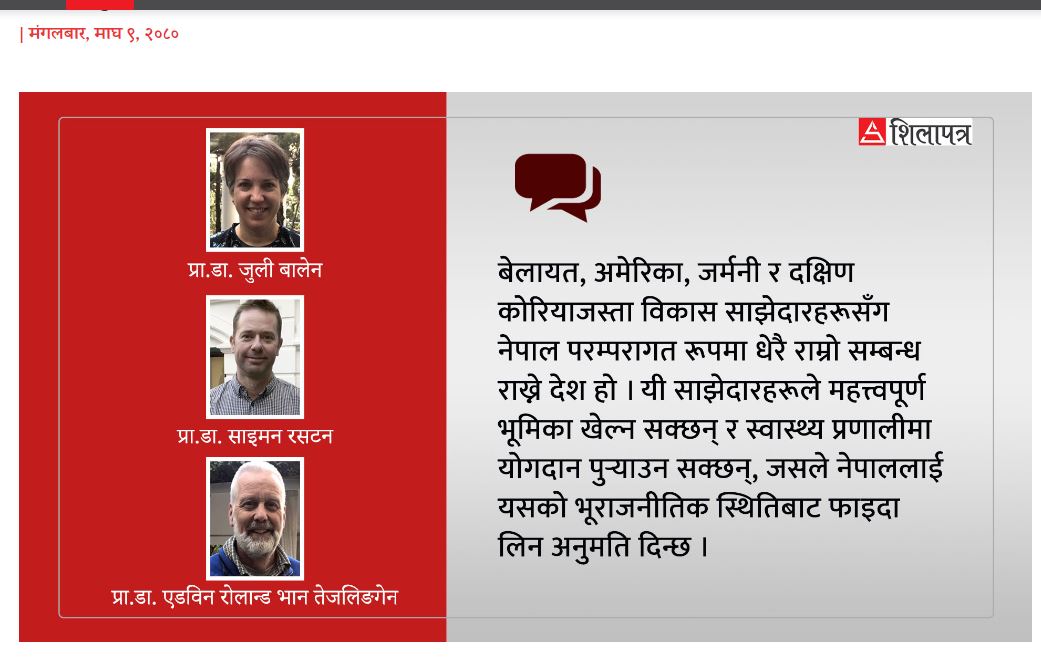
Prof. Edwin van Teijlingen
CMWH (Centre for Midwifery & Women’s Health)
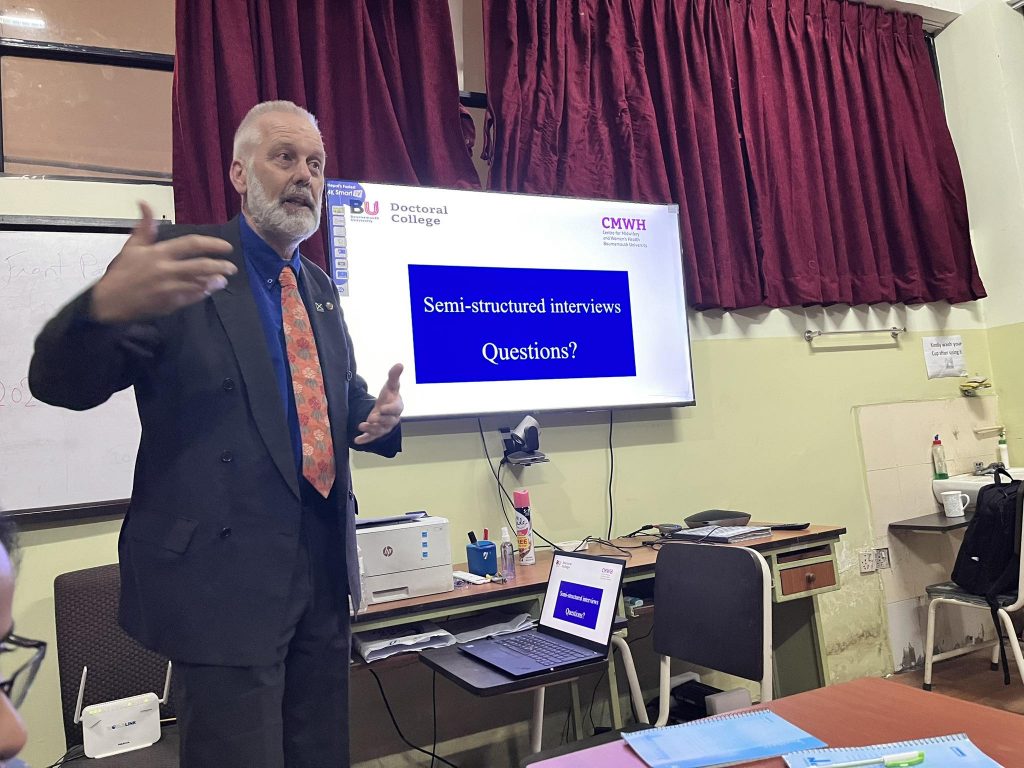
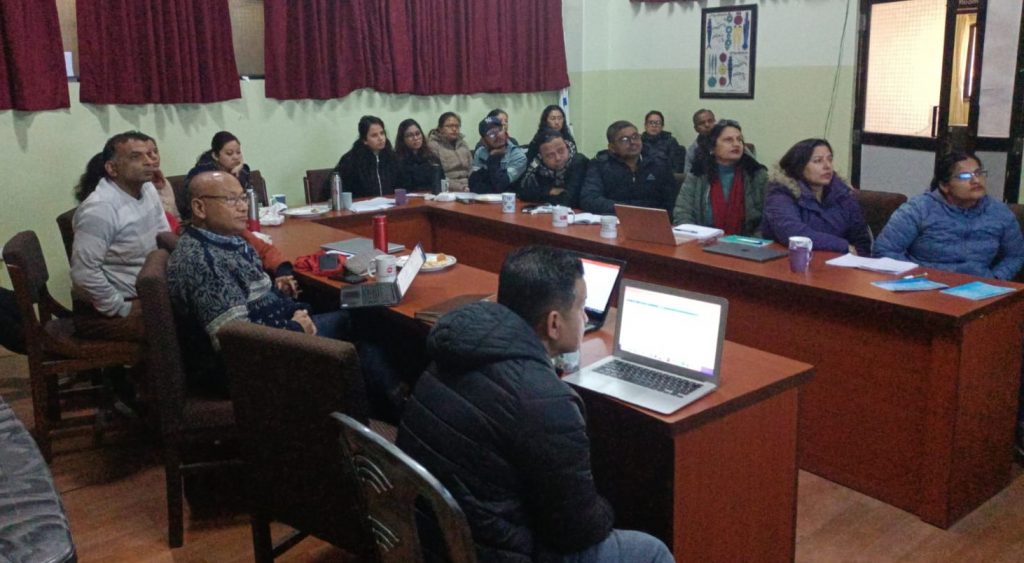
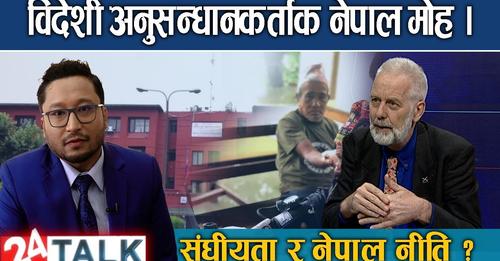
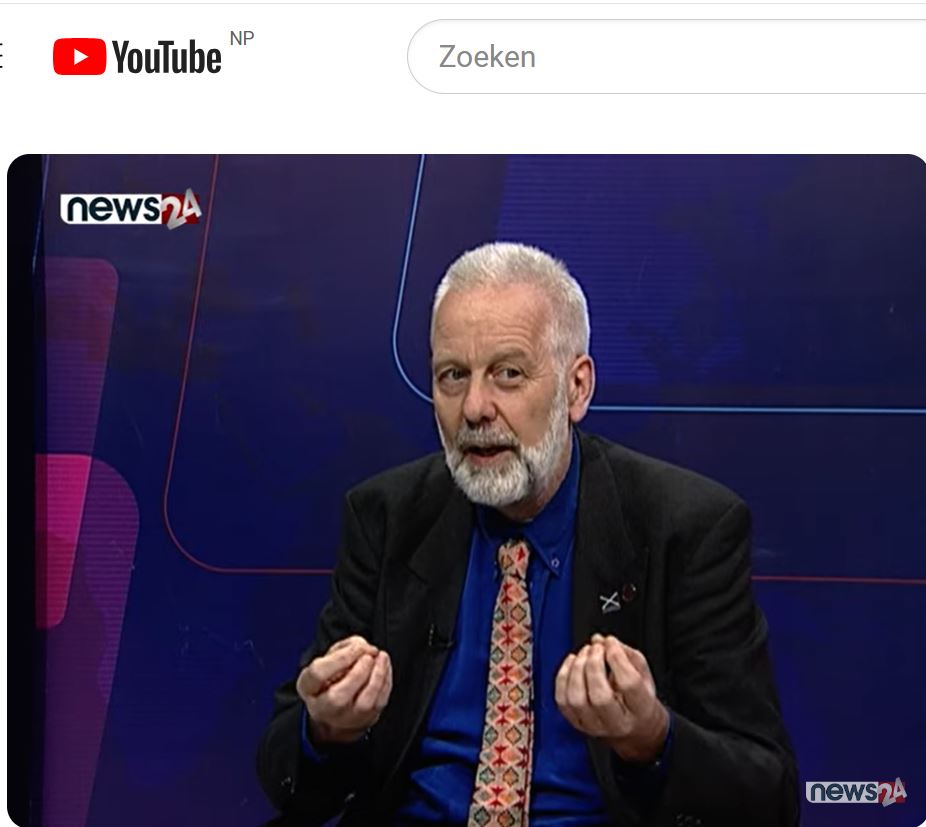
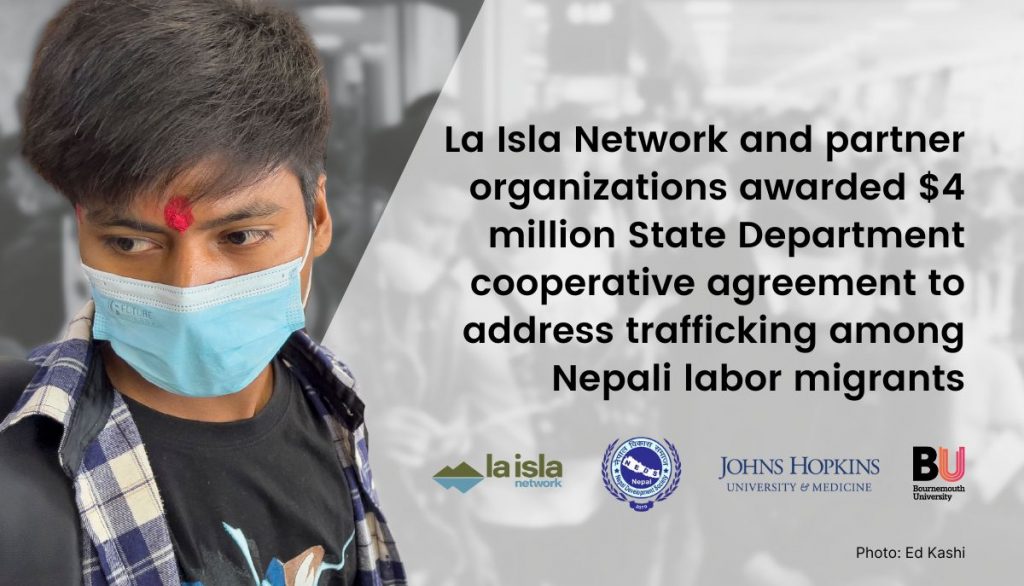
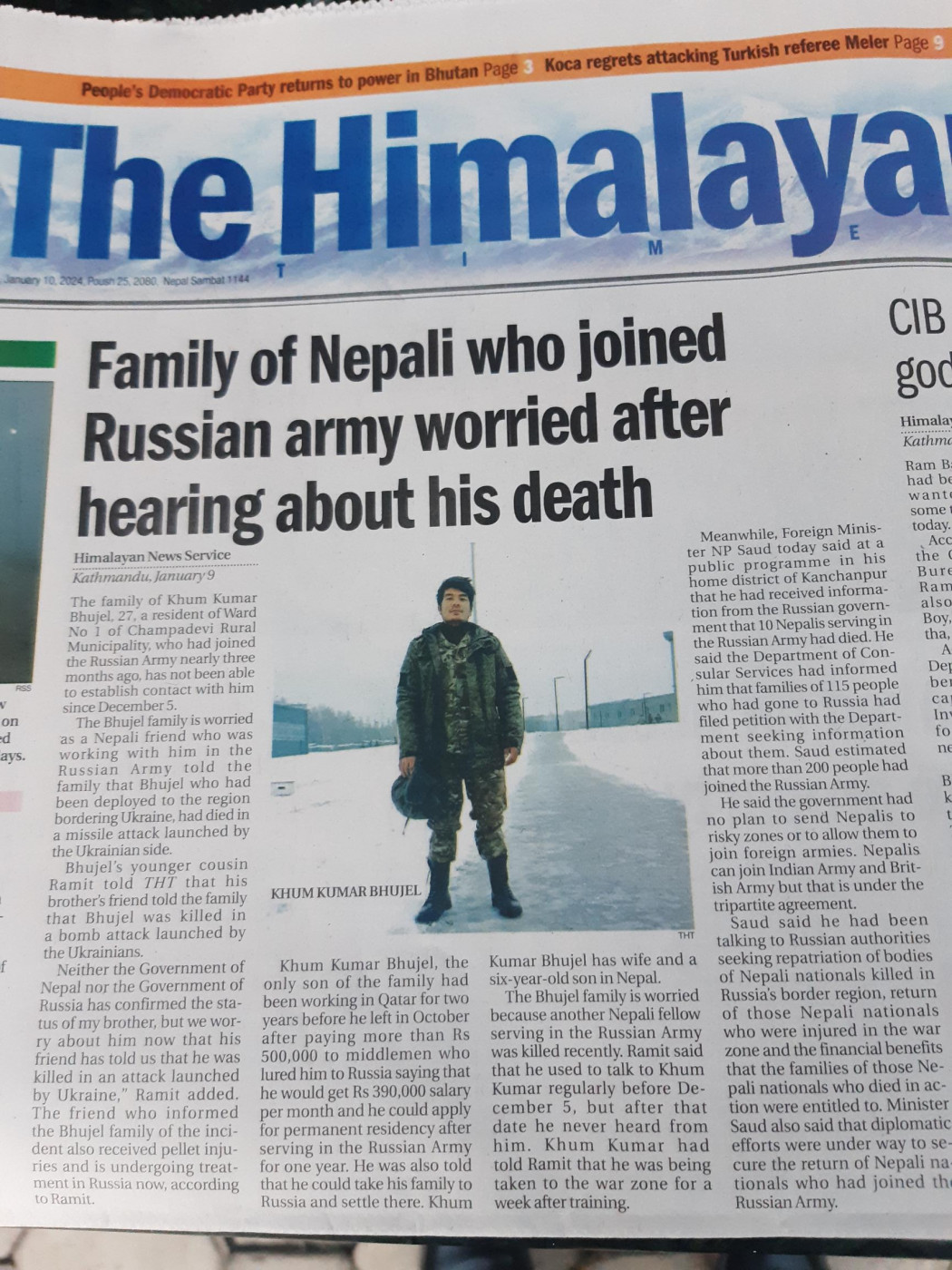
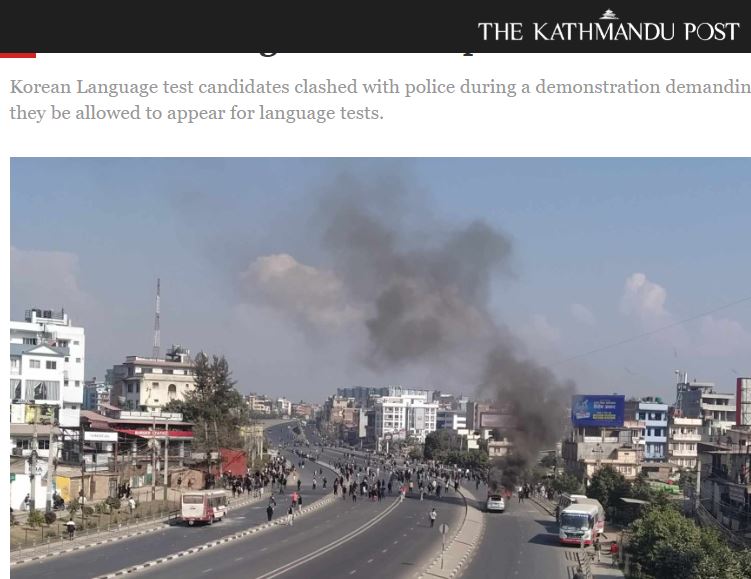
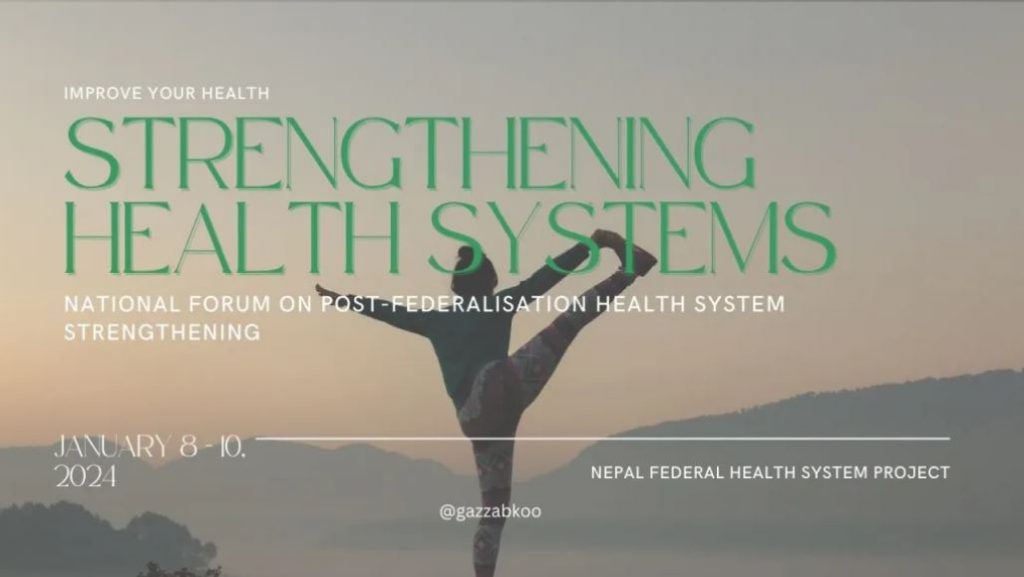

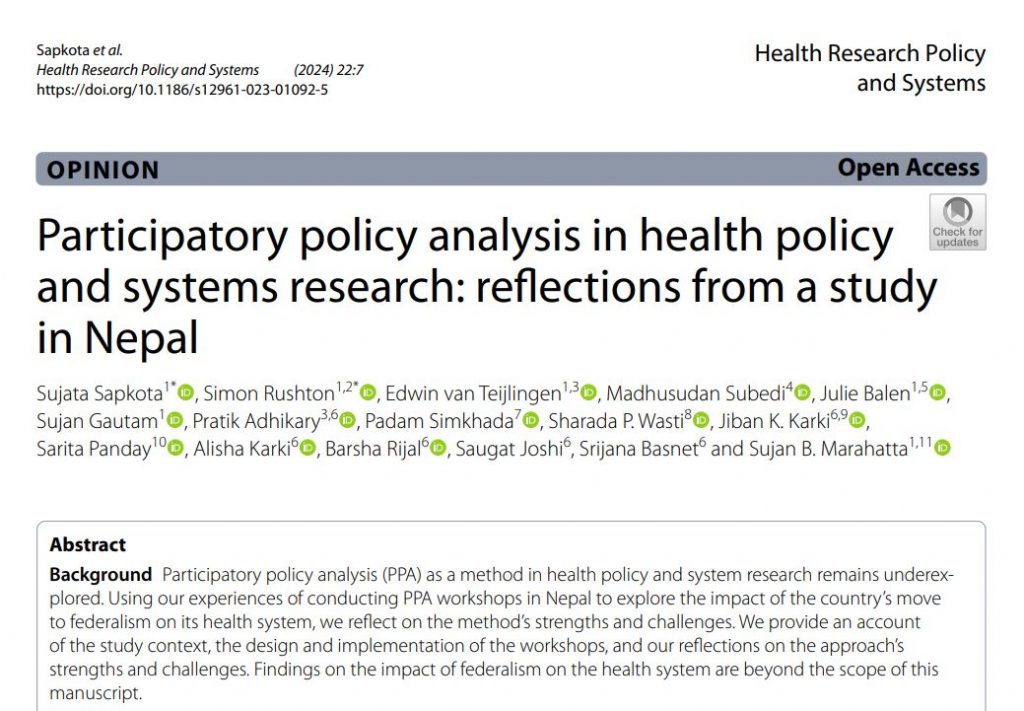
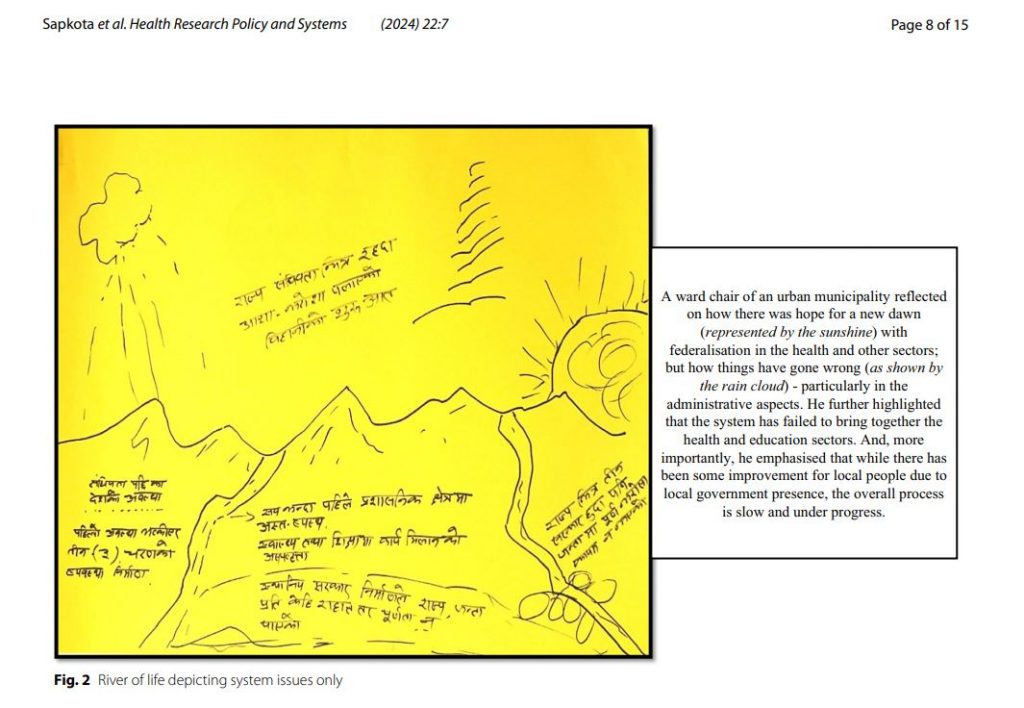
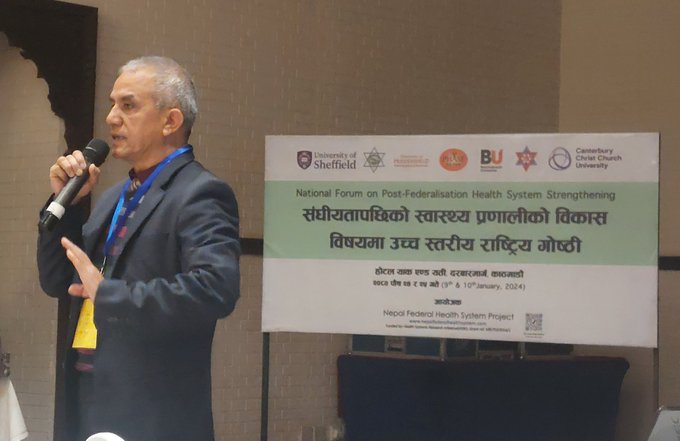
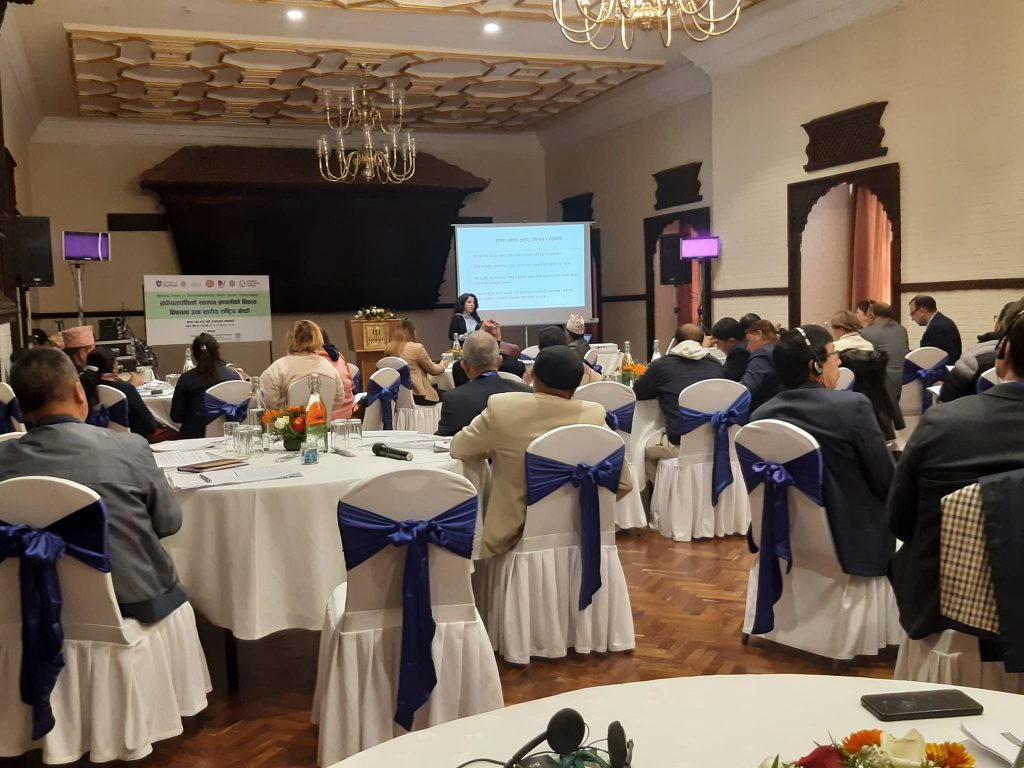
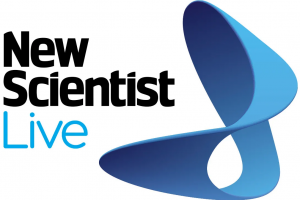
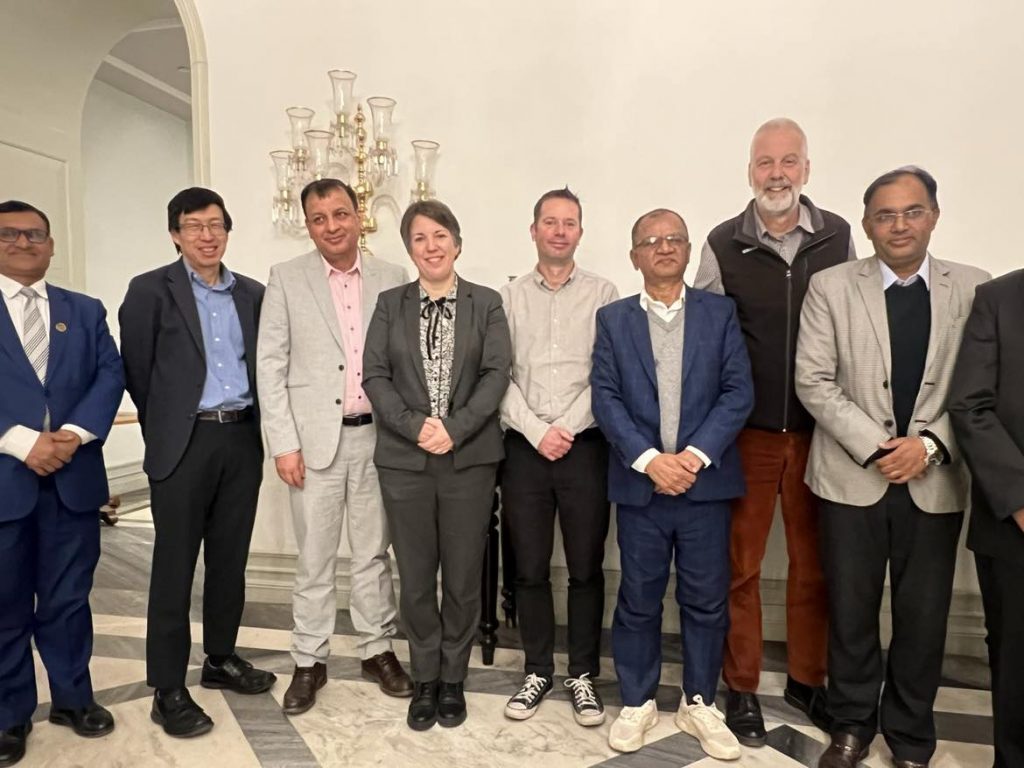
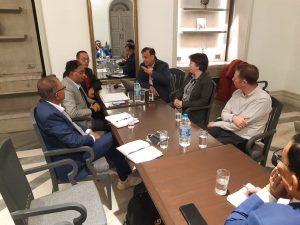

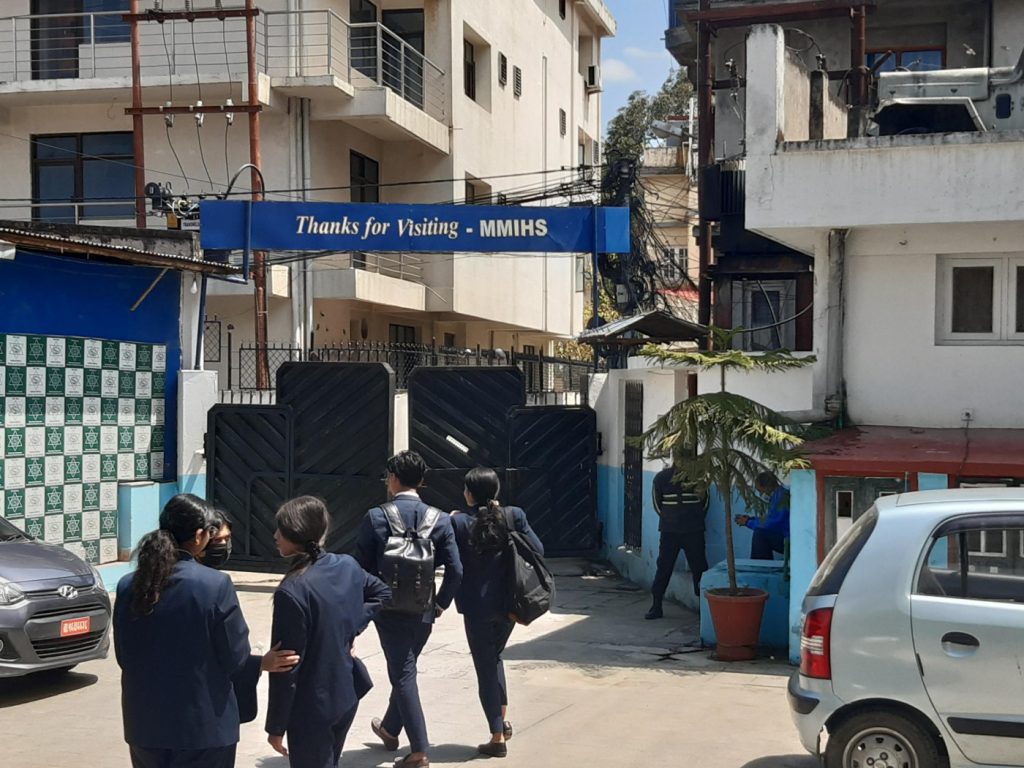
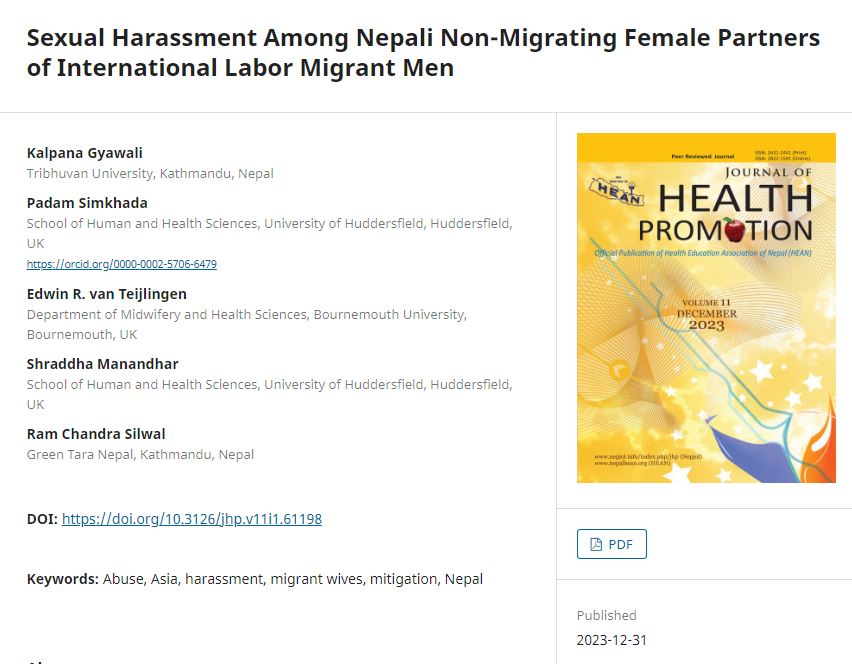

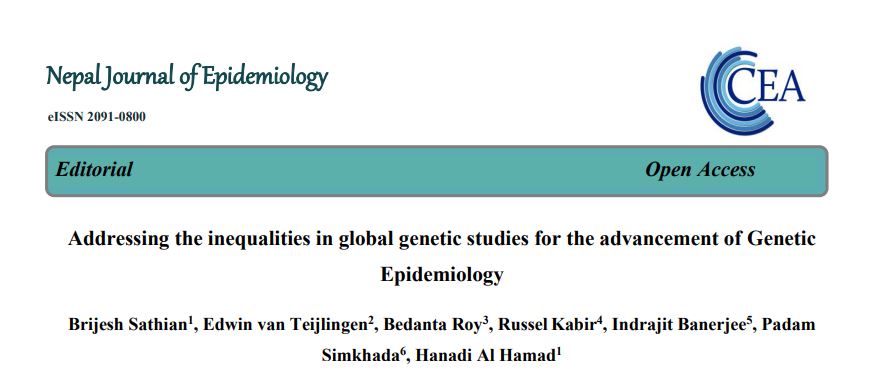
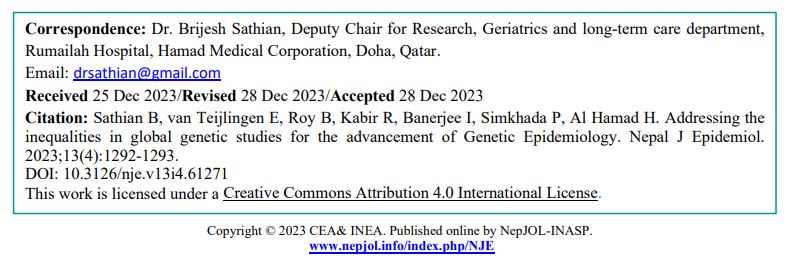

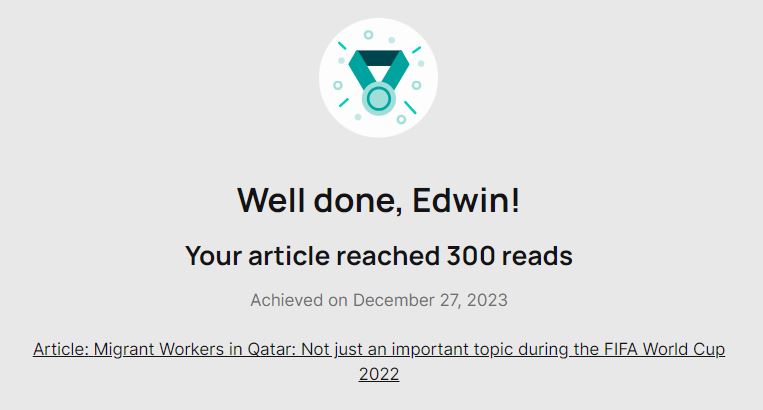
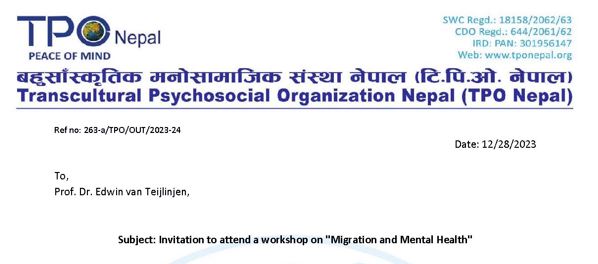
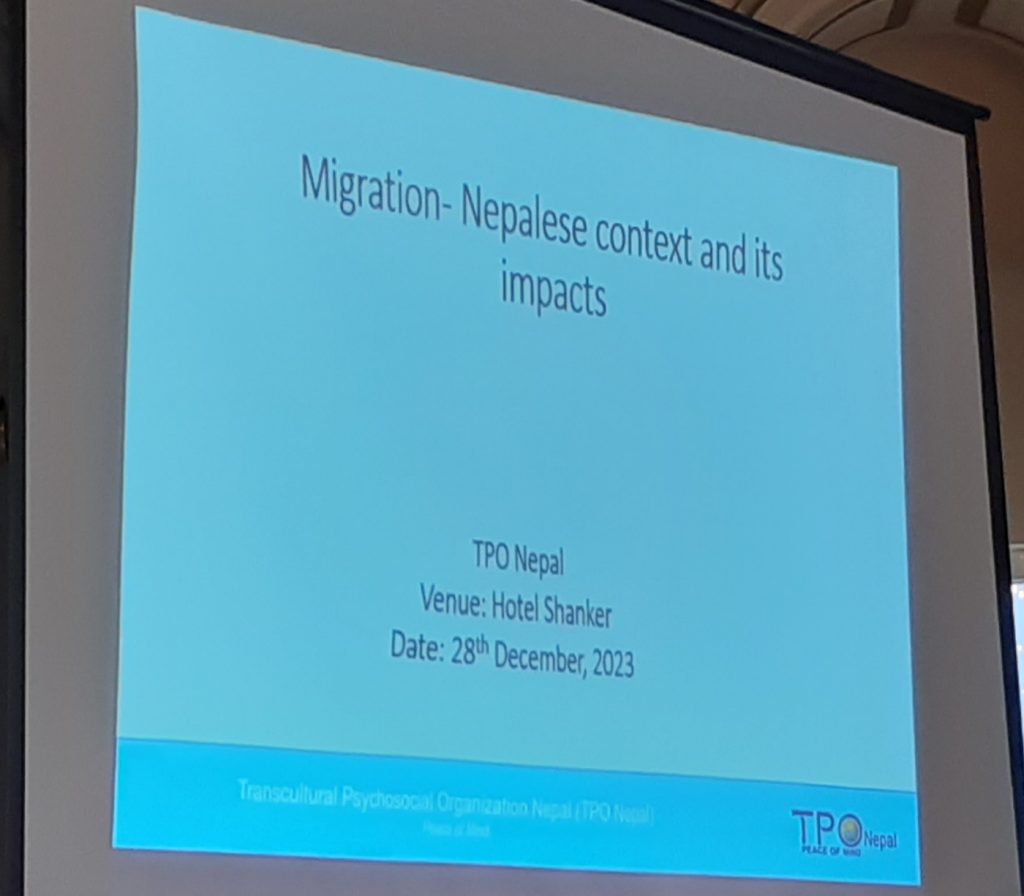
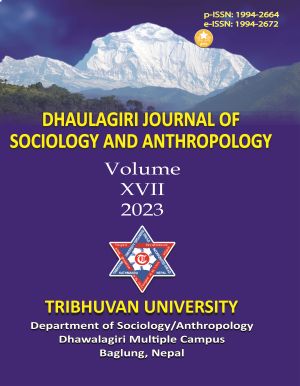
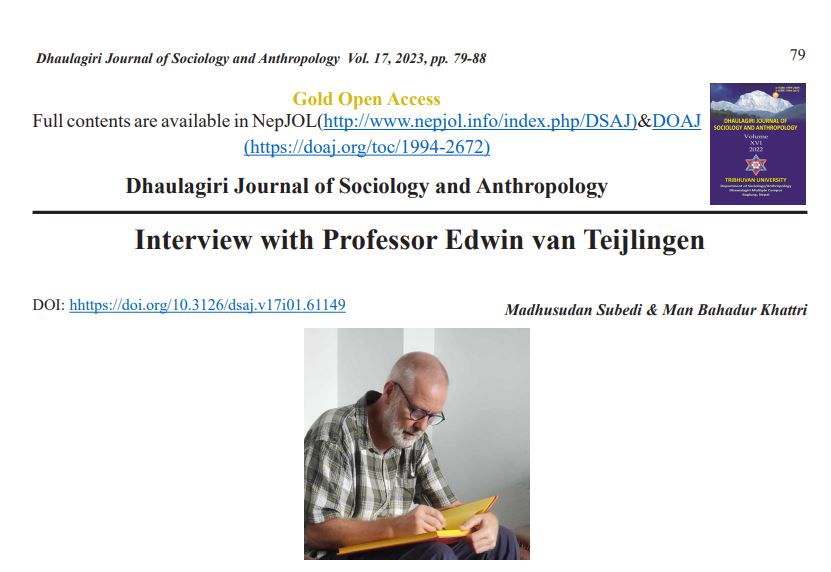
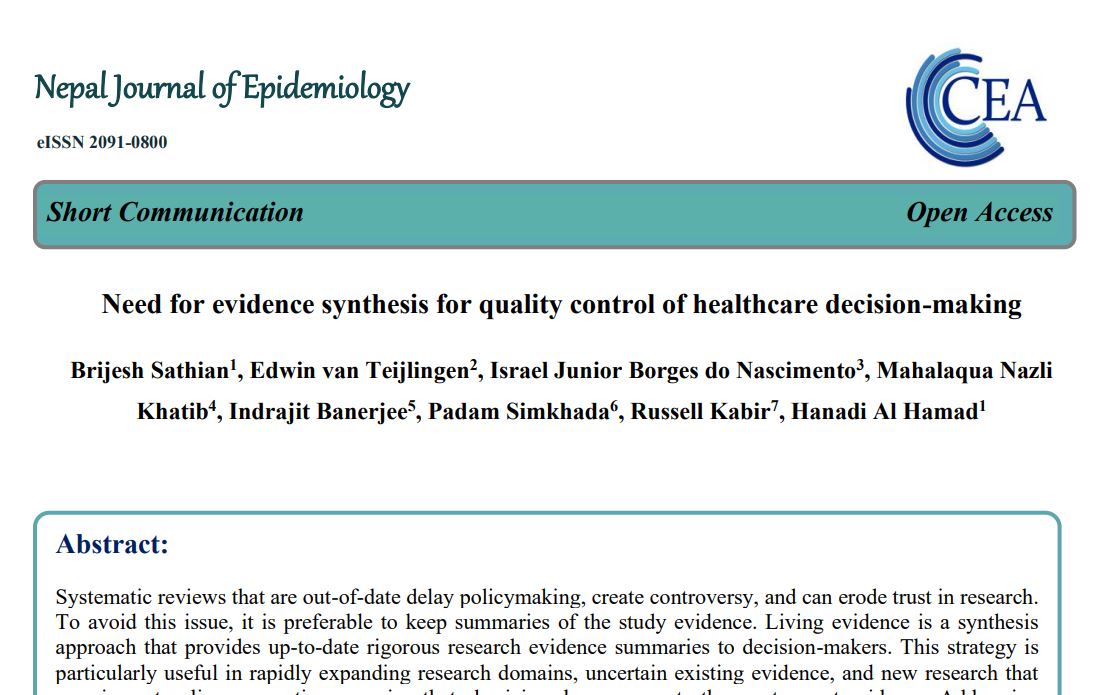
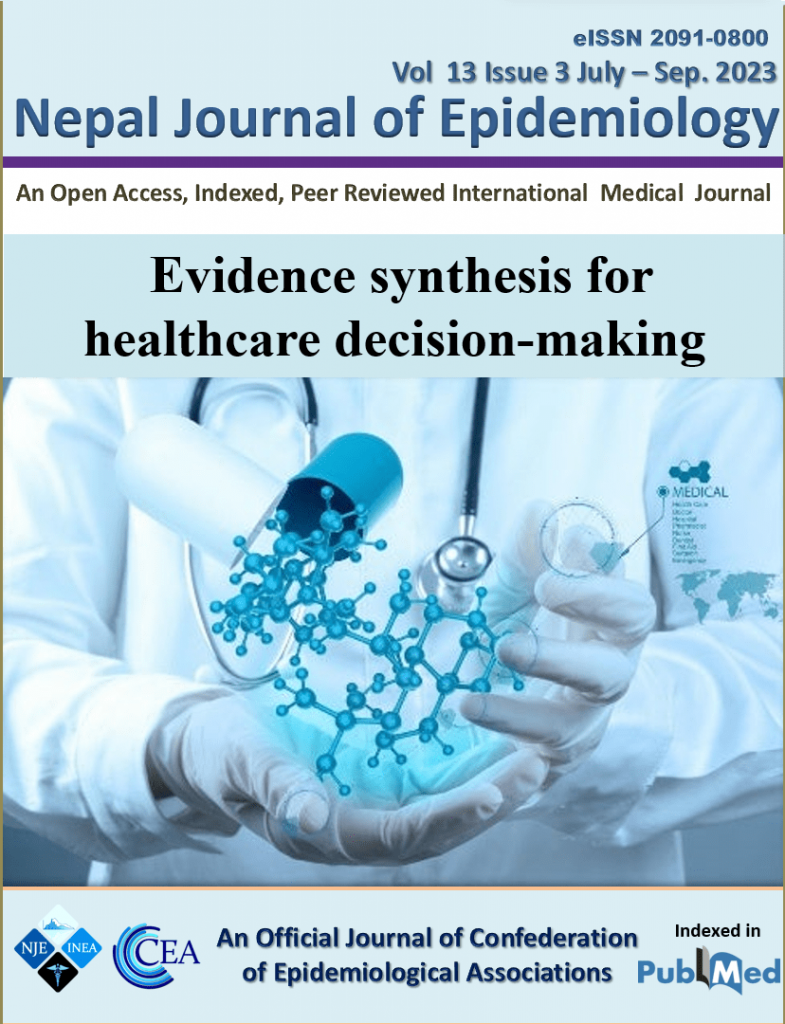
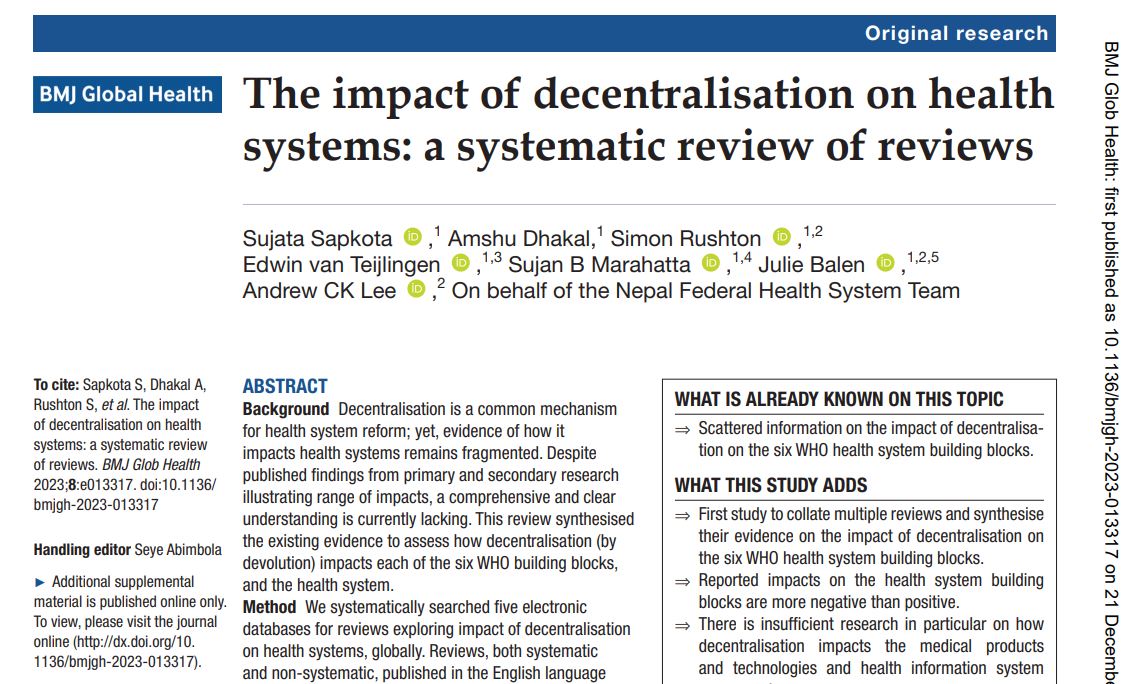
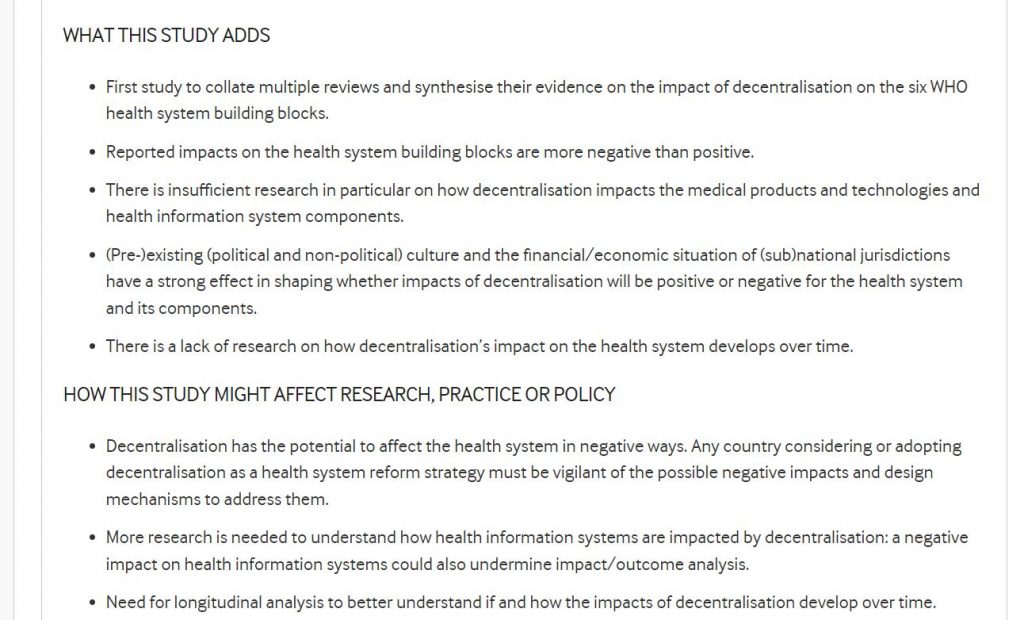
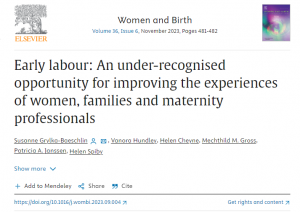
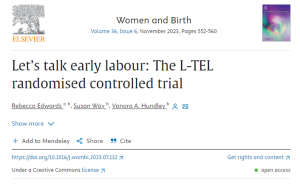
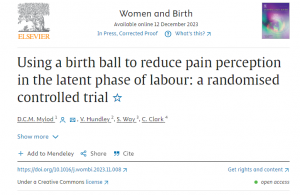
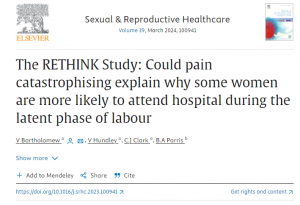 Bartholomew V, Hundley V, Clark C, Parris B (2024) The RETHINK Study: Could pain catastrophisation explain why some women are more likely to attend hospital in early labour. Sexual & Reproductive Healthcare
Bartholomew V, Hundley V, Clark C, Parris B (2024) The RETHINK Study: Could pain catastrophisation explain why some women are more likely to attend hospital in early labour. Sexual & Reproductive Healthcare 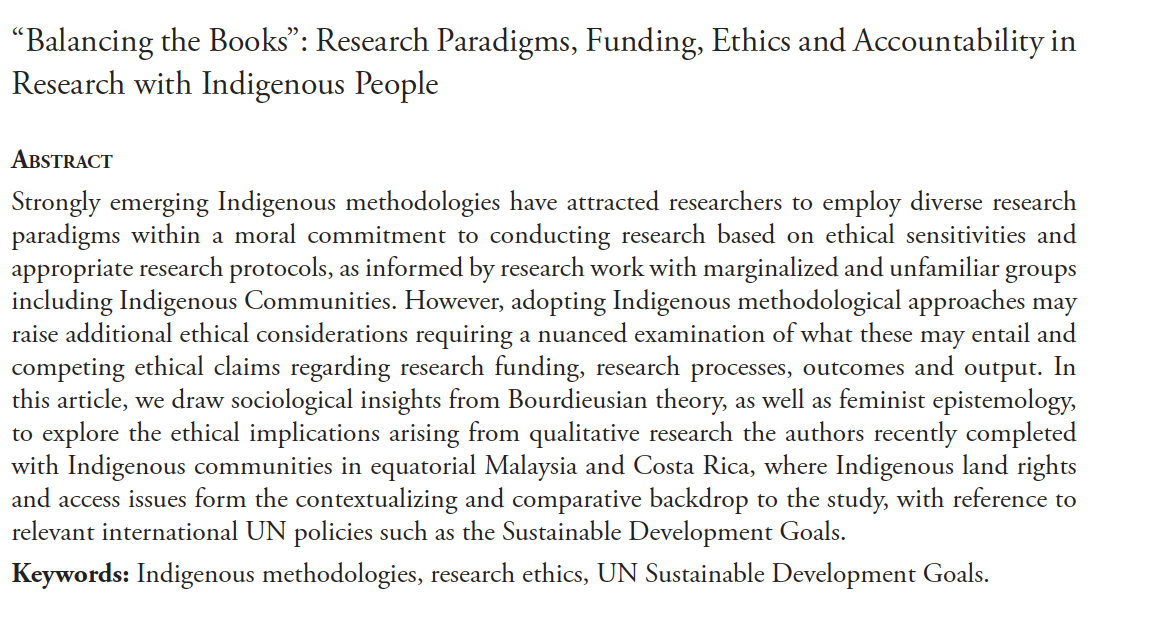
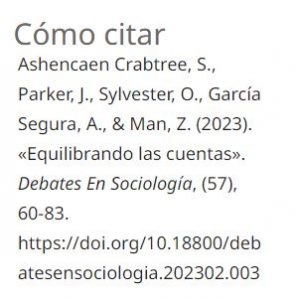











 Dr. Ashraf cited on ‘Modest Fashion’ in The Guardian
Dr. Ashraf cited on ‘Modest Fashion’ in The Guardian NIHR-funded research launches website
NIHR-funded research launches website Academics write for newspaper in Nepal
Academics write for newspaper in Nepal New paper published on disability in women & girls
New paper published on disability in women & girls MSCA Postdoctoral Fellowships 2025 Call
MSCA Postdoctoral Fellowships 2025 Call ERC Advanced Grant 2025 Webinar
ERC Advanced Grant 2025 Webinar Horizon Europe Work Programme 2025 Published
Horizon Europe Work Programme 2025 Published Horizon Europe 2025 Work Programme pre-Published
Horizon Europe 2025 Work Programme pre-Published Update on UKRO services
Update on UKRO services European research project exploring use of ‘virtual twins’ to better manage metabolic associated fatty liver disease
European research project exploring use of ‘virtual twins’ to better manage metabolic associated fatty liver disease